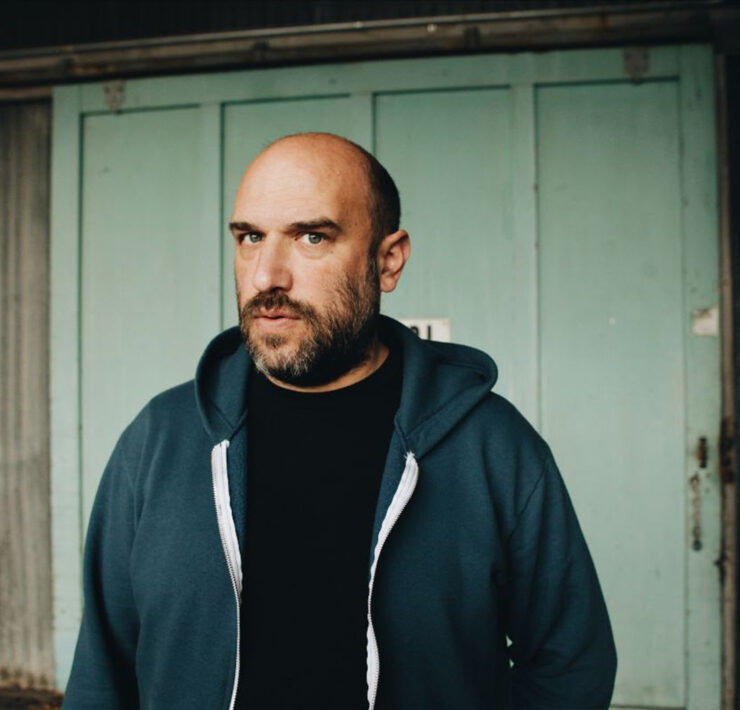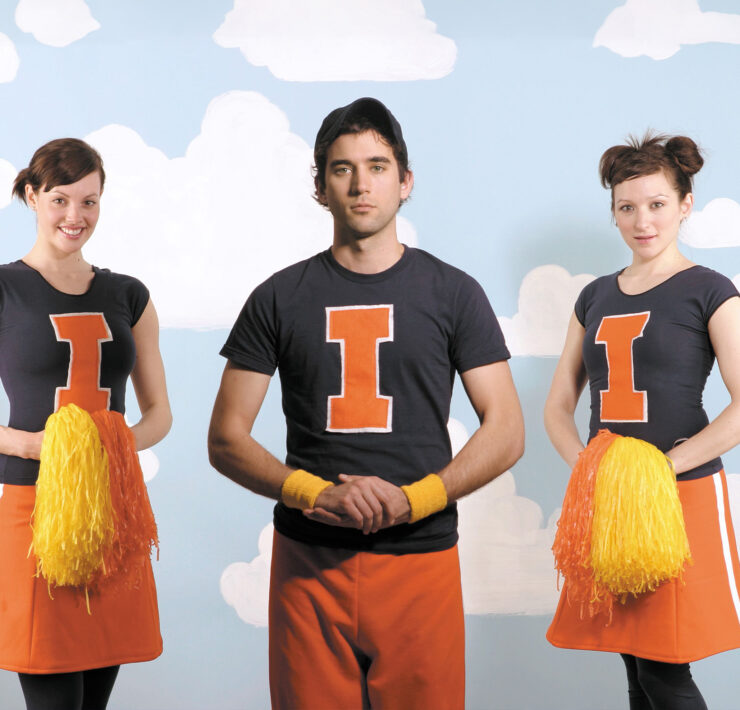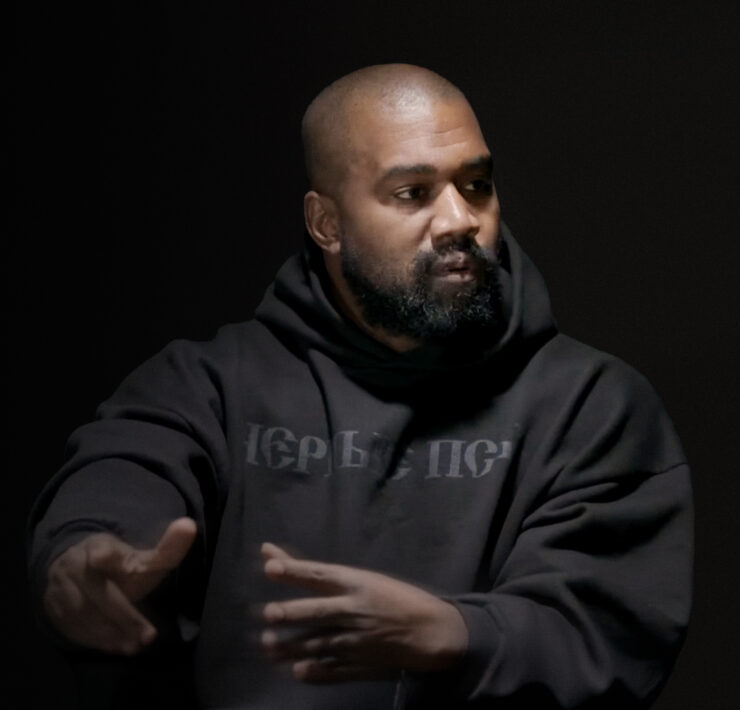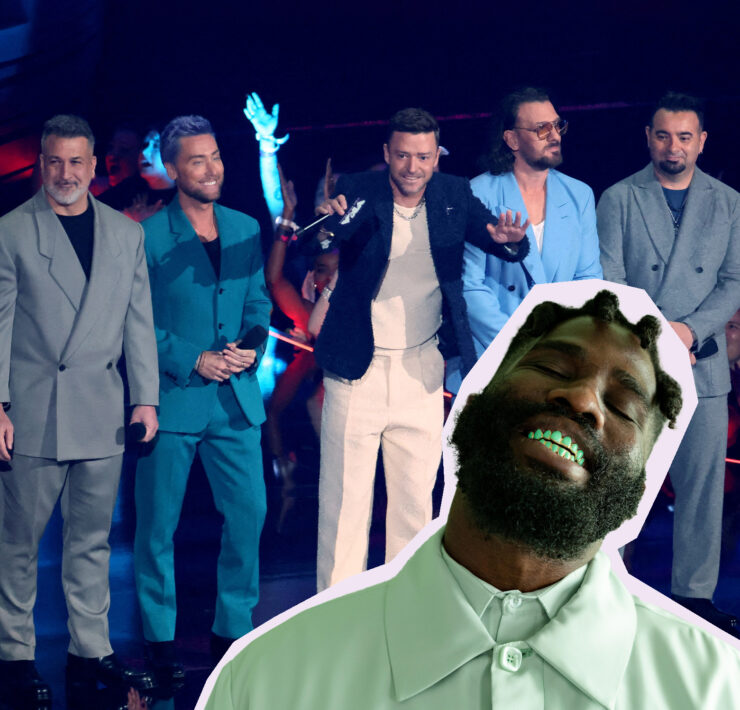There are, unfortunately, a lot of ways to get unhealthy in the pandemic era. Many of us are still staying inside, and gyms across the U.S. are largely shuttered in an attempt to keep people trying to get healthy from getting sick instead. If you’ve packed on a quarantine fifteen, no need to be ashamed. You are certainly not alone.
This article is part of a fall wellness series RELEVANT is producing in partnership with Unite Health Share Ministries.
But it’s not just our bodies. This time has been difficult on our minds and hearts too. Isolation from friends and loved ones, missing out on planned events and the unending stream of ugly news about racial injustice, political malarky and social media shouting matches may have your mental, emotional and spiritual health in a worse funk than you’re aware of.
Staying active can help with all of the above, as hip hop artist Andy Mineo will attest. In between recording new music and working on new projects over the last six months, he’s also been trying to stay in shape. He told us how he’s kept moving during pandemic season, and how that movement has been holistically helpful.
This conversation has been lightly edited for content and clarity.
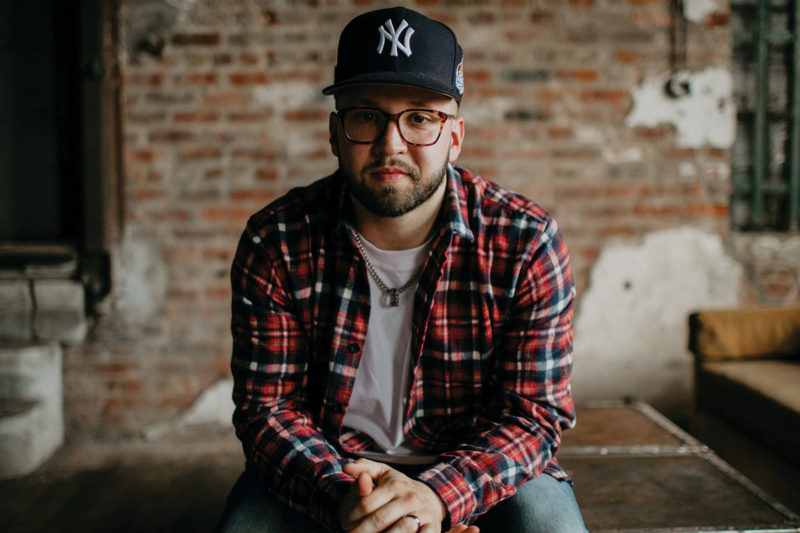
So you’ve gotten pretty into health and fitness in lockdown.
A buddy of mine, Steve Weatherford, he’s an ex-NFL player as a punter. He won NFL’s Fittest Man. He found my music. We ended up connecting. He was leading a whole bunch of guys on a Zoom call workout called The Mighty 300. We would get on every day, do that, and when he stopped doing it, I just adopted the whole model. And so I got ten friends on the Zoom call every day working out with me.
Just, like, a minute of pushups and everyone follows along, then a minute of something else and so on?
Yeah. Let’s do these different workouts together. Today was pushups and squats. It’s just stuff like that to keep us moving, get us sweating. It’s become this little community that we meet up every morning, 9:00 AM East Coast. Nobigdyl is in there, RG, a lot of my buddies, my wife. There’s about ten of us in there. We have a good time, man. Quarantine got me good.
Has working out been a big part of your life in the past or is this a new hobby?
Well, I’ve always attempted. I was an athlete in high school and college. So you always try to keep it up, knowing that your body’s always heading towards breaking down the older you get. But it’s really just hard to be consistent.
Especially now, because a lot of us can’t go to the gym.
I was making a lot of excuses at the beginning, like, “Oh, I can’t go to the gym. Then I can’t work out.” And then when I gained fifteen pounds of quarantine weight, I was like, “Well, life lesson is you can either make the most of what you have and do something or you can complain about it not being perfect and whittle away.”
So we just got together in this foyer in my front yard, in the front of the house and just work out there. Make it work, man.
Does it help get your mental and emotional health too?
Absolutely. We work out every day, we get a good sweat and at the end I lead a meditation. We’ll dive into contemplative prayer and stuff like that for the last half of the workout. That’s been really good man. Therapy has been amazing. Just the consistency. When people are going to be there at 9:00 AM you better be there. They support you. You got to show up.
The accountability.
Exactly.
For people who keep trying — they want to be better at working out. They want to get fit — but every time they start the motivation just evaporates after a few days. Do you have any good advice for someone to get going and keep at it?
That’s everyone’s story, right? It’s super hard to be consistent. I was just at this guy’s house, he’s a super successful guy, he’s made bazillions of dollars. And when I was hanging out with him this weekend, he said, “Hey, every day I need to train for three hours.” Mind you, he’s 52 years old.
He’s like, “I need to train for three hours a day because I have a triathlon coming up.”
I was like, “A triathlon? What are you going to do?”
He said, “I got to swim 26 miles. I got a bike 200 miles,” telling me all these things. I’m like, why do you have this built into your life? And, basically, what he said to me is: “I like to keep tension in my life because it forces me to grow.”
So something is already set in place. I signed up for it. I’m already in, now I just got to do the work every day to get there. So he builds these things into his life that force him to show up and do something. That’s what I was saying about accountability. It’s, “Hey guys, I’m going to be on here every day at 9:00 AM.” And they’re expecting me to be there, to lead it as well.
I think when you add stuff like that into your routines it forces you to show up.
I lead this Bible study on Monday nights. Sometimes we’ll go through a book of the Bible or sometimes we’ll go through just a regular book. But it forces me to read a chapter of a book every single week before that thing, because I know I don’t want to sit across from these people and look like a schmuck, you know?
Sure.
So if there’s any way you can trick yourself or force yourself into having to show up, that I think that’s super helpful.
What does meditation look like for you?
It changes a lot. It’s called gratitude priming.
I’ve never heard of that.
Yeah, it’s this guy that I’ve gotten into. One guy’s name is Wim Hof. He’s known as the Iceman. He’s really into cold therapy — getting into freezing cold tubs of ice water for two, three minutes. If you need to be present right and not let your mind float away, there’s no way that can get you into the present faster than freezing cold water. All you can think about is that moment.
So he’s really into cold therapy and breathing techniques. I picked up a lot of breathing techniques from him. Just the act of sitting, breathing through your nose, out your mouth, slowing down your heart rate and focusing. There is the beginning of all of our meditations. And then a lot of times, we’ll focus on gratitude. Try to find a moment or a memory or an experience or a person where we experience a ton of gratitude and gratefulness for life or the experiences we have. And we run through a few of those usually and hold on to them and try to enter back into those feelings. It just primes your day to experience things through the lens of gratitude.
A lot of times, a scripture or a verse or something will come to mind. Sometimes we’ll read Psalm 23 together. Sometimes it’s allowing ourselves to think about the thing that’s bringing on fear and anxiety and let it into our space, look at it, observe it, realize it can’t hurt us, let it go. It’s a lot of different things and I just go where I feel led in that. Then some weeks, I’ll let the group lead and they’ll come to the table with something.
I love that idea of like having a lens of gratitude, but when you look around, there’s a lot of things to not be grateful for right now. People are feeling a lot of tension, anxiety and anger. I feel those things too. So how do you balance in your own heart, your awareness that there’s a lot of bad things going on while also having this healthy view of trying to be grateful for things that you do have?
I don’t think gratitude is exercising the act of focusing on things you’re grateful for while excluding the reality of what’s happening in the world too. You can have both. I think you need that when you come against some difficult things happening in our world right now.
I’ve also realized this, man. There’s a different level of room for each person to remain healthy that requires them a certain level of distance from really heavy, dark and negative news. There’s a never ending supply of that. We have a group chat with just a whole bunch of guys, Derek Minor and Propaganda and Lecrae and everybody’s in there.
Sometimes they’re just like, did you see this thing? And sometimes the guys in there are just like, Man, I just got to take a break from it or else I will wind up in a depression. It doesn’t mean that you don’t care about those things. It means, I’m no help to anybody else if I’m not even healthy myself. We all have limits. We have to respect boundaries. We have to respect our mental health to be able to fight a good fight. You know what I’m saying?
Yeah.
It’s like that passage in scripture says love others as you love yourself. You have to love yourself first. There’s a level of self-understanding, self-love before you can give it to anybody else. That’s how I view it.
















